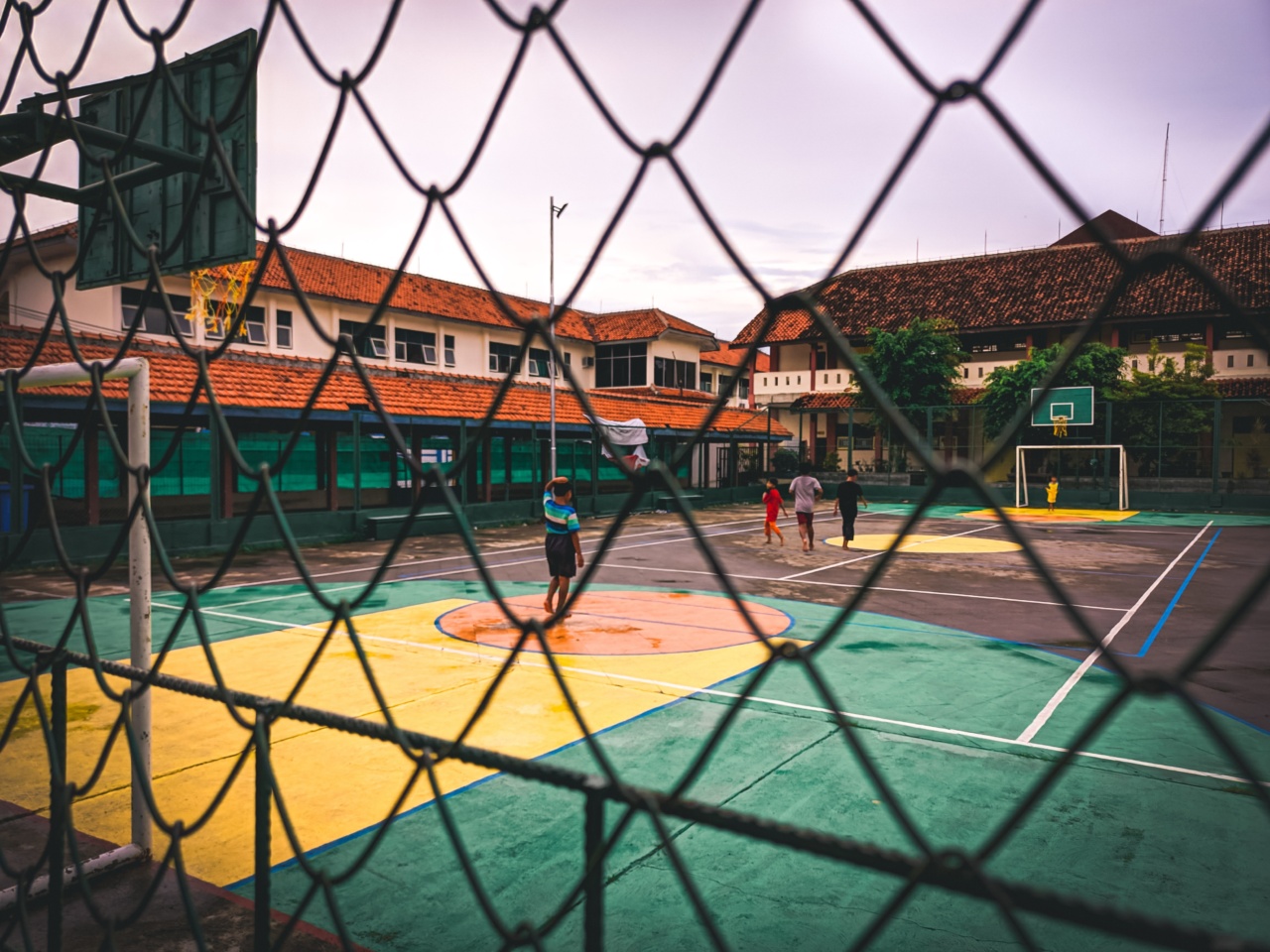Physical weakness is a common concern that many people experience at some point in their lives. It can manifest as a lack of energy, muscle fatigue, or difficulty performing daily tasks.
While physical weakness can be attributed to various factors, there are certain factors that have a significant impact on our physical strength and overall well-being. In this article, we will explore the link between physical weakness and these factors.
1. Sedentary Lifestyle
A sedentary lifestyle, characterized by minimal physical activity and prolonged sitting or lying down, is a major contributor to physical weakness.
When our bodies are inactive for long periods, our muscles become weakened, leading to a decline in physical strength. Lack of regular exercise also reduces cardiovascular fitness, making us more susceptible to fatigue and weakness.
2. Poor Nutrition
Nutrition plays a crucial role in maintaining our physical strength. A diet lacking in essential nutrients, such as vitamins, minerals, and protein, can lead to muscle weakness and overall physical weakness.
Proper nutrition is necessary to fuel our bodies and provide the necessary building blocks for muscle repair and growth.
3. Chronic Illnesses
Chronic illnesses, such as heart disease, diabetes, and autoimmune disorders, can cause physical weakness as a symptom. These conditions often affect the functioning of various bodily systems, leading to muscle weakness and decreased physical stamina.
Managing and treating these underlying diseases is essential to improve physical strength and overall well-being.
4. Lack of Sleep
Sleep is a critical component of physical health and strength. Insufficient sleep can lead to fatigue, muscle weakness, and decreased concentration, all of which contribute to overall physical weakness.
Getting an adequate amount of high-quality sleep is necessary to recharge our bodies and allow for muscle recovery and repair.
5. Stress and Mental Health
High levels of stress and poor mental health can have a direct impact on our physical strength. Chronic stress releases hormones that can lead to muscle breakdown and weakness over time.
Additionally, conditions such as depression and anxiety can sap our energy levels and leave us feeling physically weak.
6. Aging
As we age, it is natural for our physical strength to decrease gradually. Muscles tend to lose mass and become weaker, resulting in physical weakness.
However, regular exercise, proper nutrition, and other healthy lifestyle choices can help slow down the rate of muscle loss and maintain physical strength as we age.
7. Medications
Certain medications, especially those prescribed for chronic conditions, may have side effects that include physical weakness.
It is important to be aware of the potential effects of medications and consult with a healthcare professional if you experience significant physical weakness as a result of your medication regimen.
8. Dehydration
Dehydration can have a profound impact on our physical strength and overall well-being. When our bodies lack adequate fluids, it can lead to muscle cramps, fatigue, and weakness.
Staying hydrated throughout the day is crucial to maintain optimal physical performance.
9. Lack of Exercise
A lack of regular exercise is a major contributor to physical weakness. Regular physical activity helps improve muscle strength, endurance, and flexibility.
Without exercise, our muscles weaken and lose their ability to perform everyday activities effectively.
10. Poor Posture
Having poor posture can strain our muscles, leading to physical weakness over time. When we slouch or maintain incorrect posture, it puts unnecessary strain on certain muscle groups while neglecting others.
This muscle imbalance can result in weakness and discomfort.
Conclusion
Physical weakness can stem from various factors, many of which are within our control.
By adopting a healthy lifestyle that includes regular exercise, proper nutrition, adequate sleep, stress management, and posture correction, we can prevent and address physical weakness. It is important to consult with a healthcare professional if physical weakness persists or significantly impacts our daily activities.





























